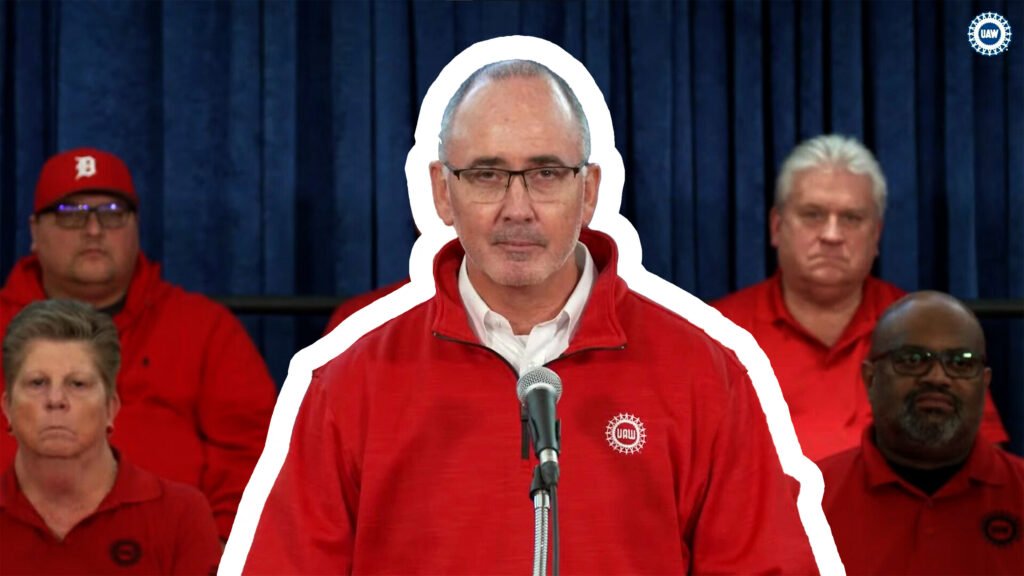

- The UAW liquidated $340 million in stock investments to fund expansive strikes in 2023.
- Union policies specify that 30% of funds must be invested in stocks and 53% in fixed income.
- The union’s president and vice presidents are responsible for the union’s investments.
Widespread strikes initiated by the United Auto Workers (UAW) in 2023 didn’t just cost the union a significant amount of money – a spectacular oversight following the strikes has cost it upwards of $80 million worth of unrealized investment gains. Word of this is bound to draw a dark cloud over the UAW, which is no stranger to controversy anyway.
Prior to strikes being initiated in the third quarter of 2023, the UAW’s board voted to liquidate roughly $340 million in stock investments to pay for the strikes. Each UAW-represented worker who walked out for six weeks was paid $500 a week through this fund.
Read: UAW Leader Gets $275K Payday While Union Dips Further Into Red
After the strikes ended and new labor contracts were ratified, the liquidated money was supposed to be reinvested according to the union’s policies. Currently, the UAW holds approximately 30% of its assets in stocks, 53% in fixed income, and an additional 17% in alternative investments. However, internal sources and documents have revealed that almost none of the portfolio was reinvested in stocks in the twelve months after the strikes.
Instead, the funds were placed in fixed-income, cash, and alternative assets through September 2024. According to Reuters, the union conducted an analysis and found that it could have earned as much as $80 million had the funds been invested properly. Staffers reportedly arrived at this determination by comparing the portfolio’s results to what they could have achieved through regular investment policies, which include a 30% allocation tracking the Russell 3000 index.

Unrealized Gains
The investigation began shortly after UAW president Shawn Fain asked why the portfolio’s returns were lower than he could get in a cash bank account.
A federal monitor is now investigating why the union did not reinvest the funds properly. This monitor was appointed after the UAW reached a settlement with the US Department of Justice to resolve a corruption scandal.
According to the attorney for UAW Secretary-Treasurer Margaret Mock, the responsibility of the UAW’s investments falls on the president, three vice presidents, and the secretary-treasurer.




